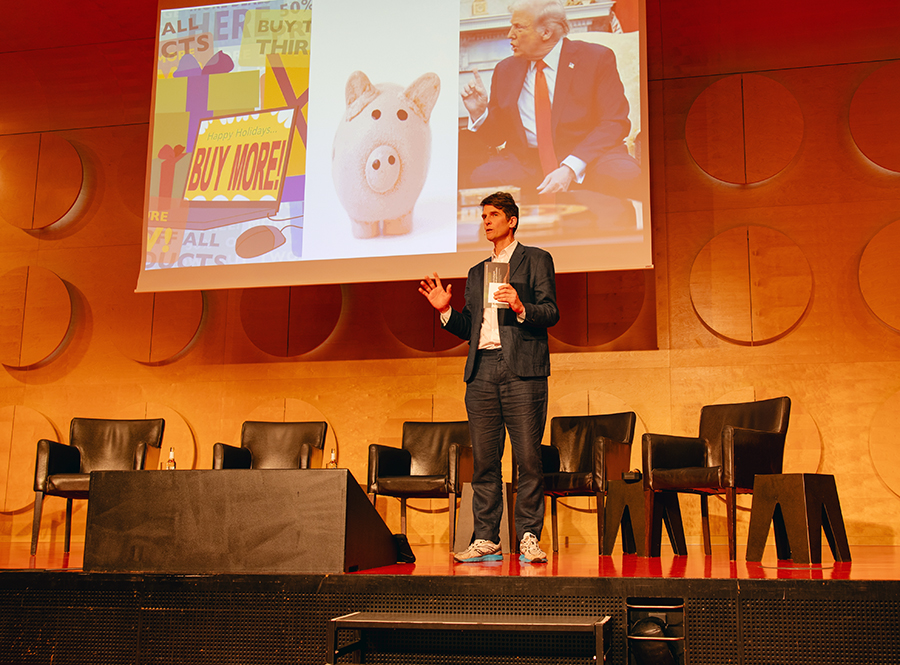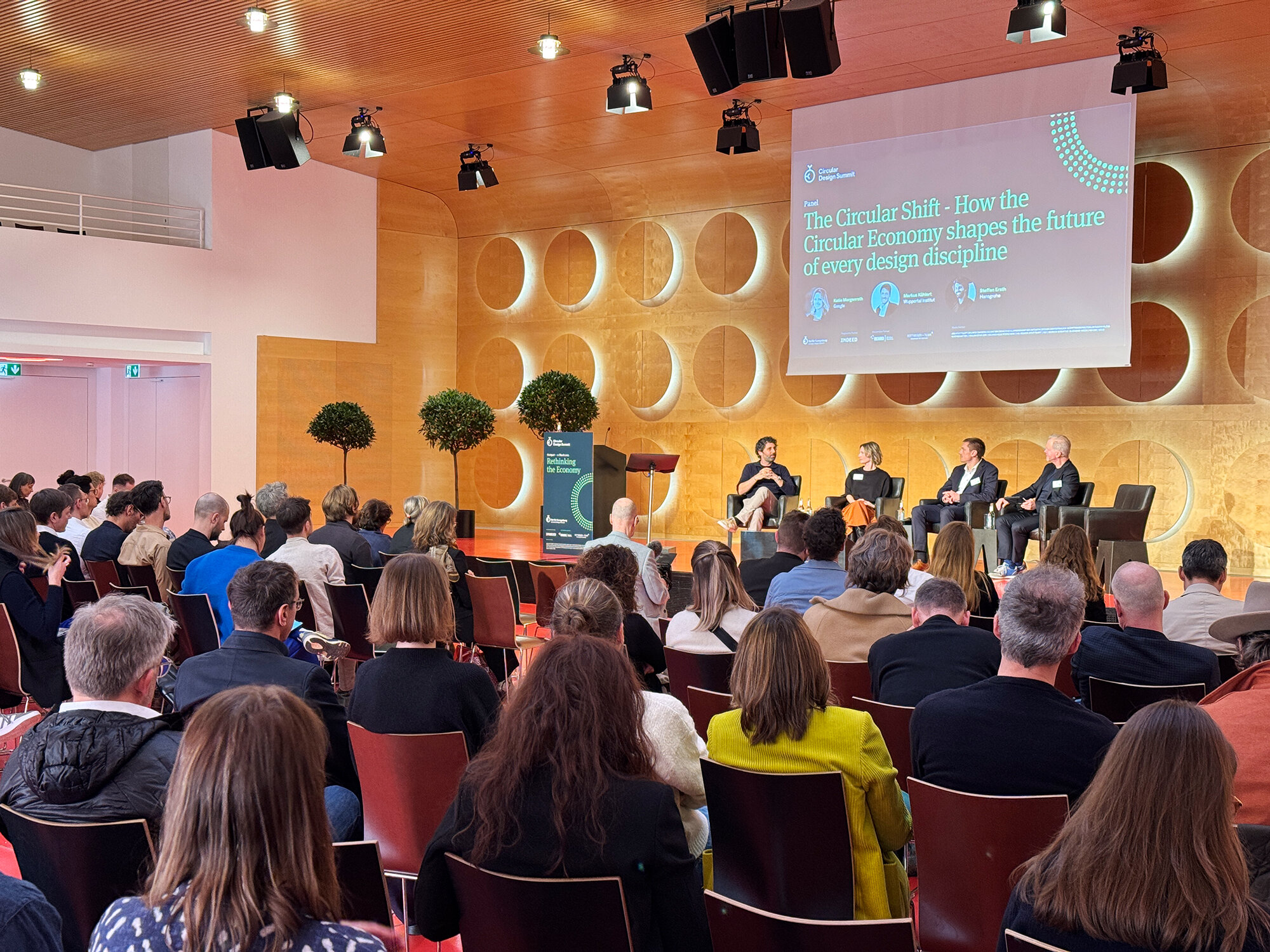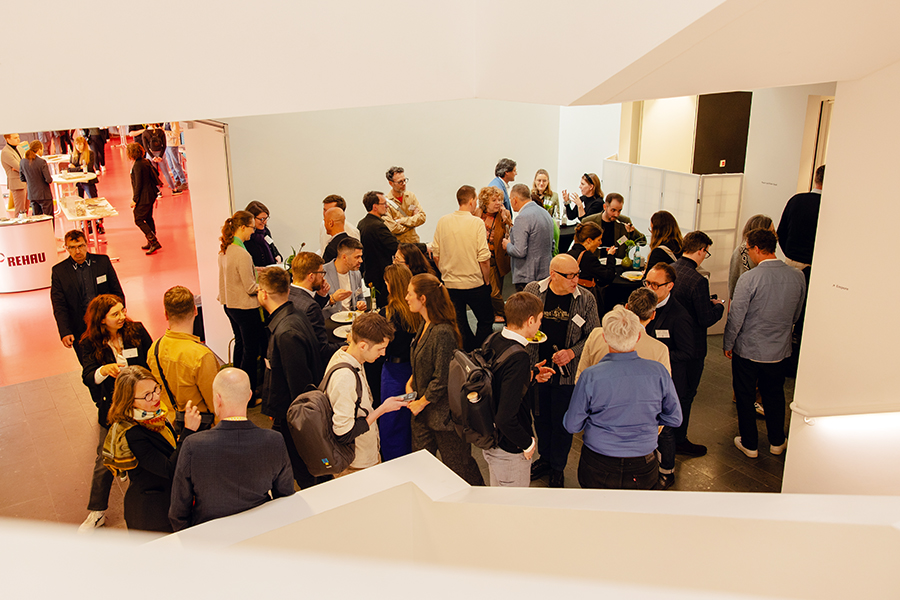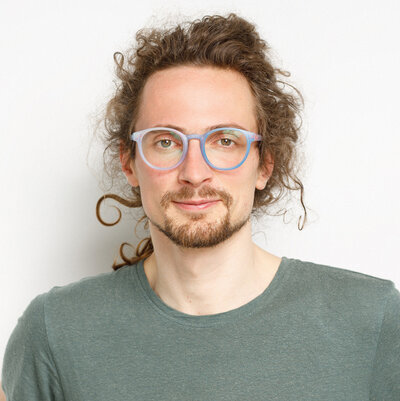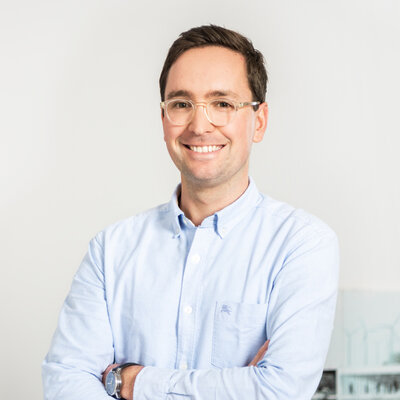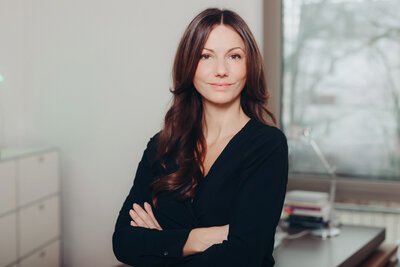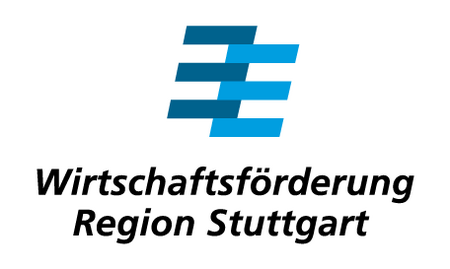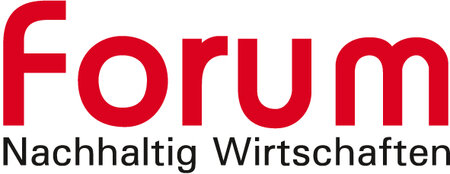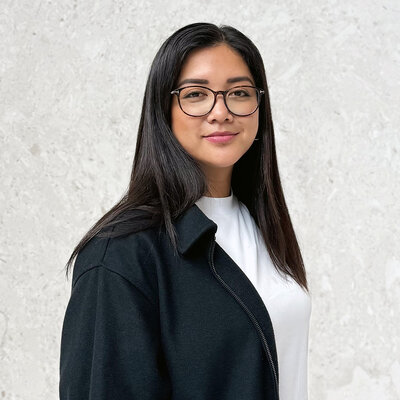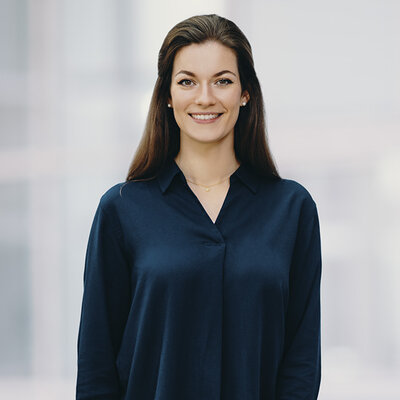Fridolin Pflüger
Circular Design Summit
The Circular Design Summit by the German Design Council shows how design, the circular economy, sustainable design and sustainable innovation work together. With insights, strategies and best practices for transformation fit for the future.
Vorteile

This Event has been cancelled
Not everything works out as planned. The Circular Design Summit 2026 will not take place this year, as the number of registrations does not allow for economically sustainable delivery.
For us, this is not a retreat. It is a mandate to act. Circular Design remains one of our core fields of engagement. We will therefore review how we can generate the greatest possible impact and visibility for this topic in the future.
We appreciate your understanding and sincerely thank you for your trust and continued support. We will keep you informed about new formats and initiatives, and look forward to continuing the dialogue together.
Details
Büchsenstraße 33
70174 Stuttgart, Germany
The full programme of the Circular Design Summit 2026 will be published soon. Look forward to insights from international experts, hands-on sessions and dialogue formats that highlight pathways towards a circular future.
* The event will be held in English.
Circular Design Clinic
Circular & Hands-On. The Circular Design Clinic offers you a practice-oriented introduction to circular design. Develop concrete solution pathways, discuss challenges with experts, and shape strategies that make your products and processes future-ready. The workshop will take place on 24 March, also in Stuttgart, making it the ideal addition to the Circular Design Summit.
Speakers
The speakers at the Circular Design Summit combine international experience with a clear point of view and a sharp understanding of the dynamics behind circular business models. They reveal how design drives innovation, reframes processes and reshapes markets. This gives you the orientation you need for confident decisions that move your organisation forward – today and in an economy that is rapidly transforming.


